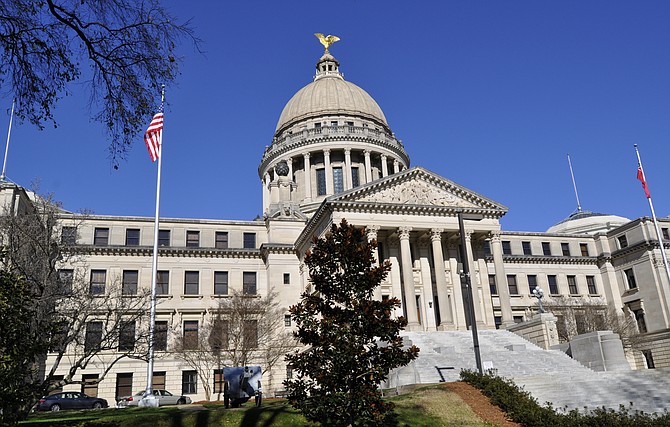Equity is essential to make the state's public schools successful, and lawmakers need to ensure it in the new funding formula. Trip Burns/File Photo
From kindergarten to colleges and universities, education expenses make up more than half of the state's proposed budget. Public education in the state is a priority on some level for most lawmakers, and they could re-write the education funding formula this legislative session with limited public input or exposure of their exact plan (so far) prior to the session's end in 90 days.
Last year, EdBuild released a lengthy recommendation to revise Mississippi's education-funding formula. The proposal will likely appear in legislation form this year, top Republicans say. But what did they leave out, and what did they add in? We won't know until a bill drops.
In the meantime, education experts in the state like most of the EdBuild proposal, and say it is more equitable and transparent than the Mississippi Adequate Education Program. The bottom line, however, will likely be how much money goes into the new formula. EdBuild's proposal suggests a higher base student cost. The Joint Legislative Budget Committee proposes to keep MAEP at the same funding levels as last year; therefore, more funding going into the formula seems unlikely.
However, EdBuild's proposal offers a solution for increasing the base student cost. The proposal calls for the Legislature to remove the 27-percent rule, which requires all school districts in the state to only pitch in 27 percent of the funds for their districts, even if they can levy much more with the required amount of property taxes (a tax rate of 28 mills). In essence, the state sends extra funding to 53 school districts to the tune of $119 million. EdBuild's recommendation is to use those funds to increase the base student cost in the formula to benefit all children in the state.
If lawmakers choose to make that switch, it will mean districts such as Madison, Pascagoula, Rankin, Biloxi, Oxford, Tupelo and yes, Jackson Public Schools, will have to forfeit their additional state funds. Currently, if the amount of the districts' property taxes exceeds the 27 percent they owe to the state, they keep the extra money. Lawmakers could redirect those funds to raise the overall base student cost, potentially helping a significant portion of those school districts in the long run.
Ultimately, if the 27-percent rule stays, inequity will persist because some of the wealthiest (property-tax-wise) districts in the state will continue to be able to pocket additional ad valorem funds. That extra funding could help fund more at-risk students and English-language learners.
Equity is essential to make the state's public schools successful, and lawmakers need to ensure it in the new funding formula. This includes transparency in the process, which so far has been virtually non-existent, as well as including large weights for students in poverty and eliminating the 27-percent rule. If Republican leaders want to replace MAEP with something better, they need to embrace EdBuild's plan without cherrypicking; the alternative could make things worse. Either way, transparency will allow the public—and all lawmakers—to evaluate what is likely to change in the months to come.
More stories by this author
- EDITORIAL: Gov. Reeves Needs to Take ‘Essential’ Seriously for COVID-19 Social Distancing
- EDITORIAL: City Needs to Name Officers Who Shot Citizens Without Delay
- EDITORIAL: Free Press Is Not Here to Comfort the Powerful; We're Here for Truth
- EDITORIAL: Dear Mississippi Politicians, Criminal Justice Reform Is More Than Rhetoric
- EDITORIAL: Transparency in Officer Shootings Needs to Improve, Not Worsen


